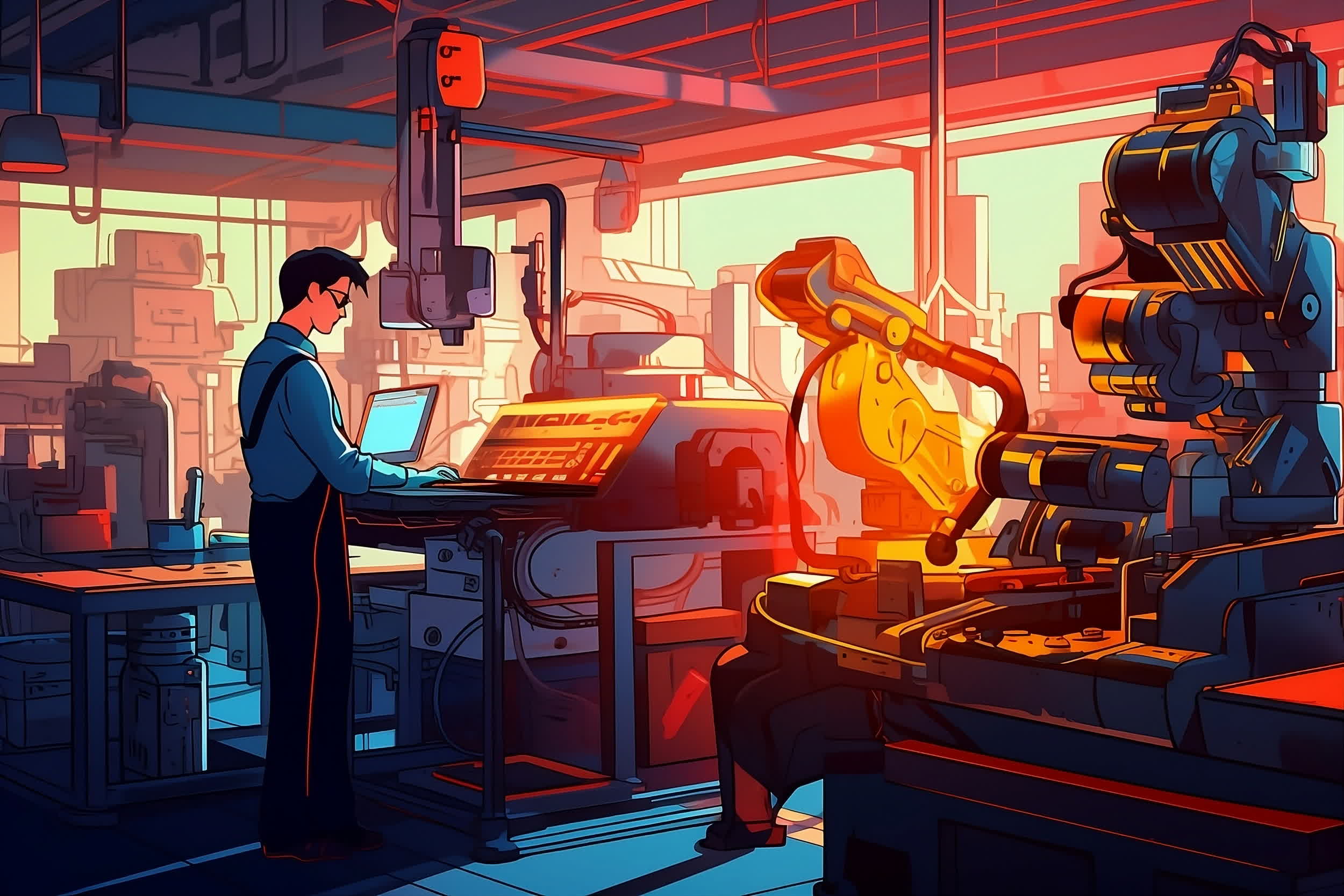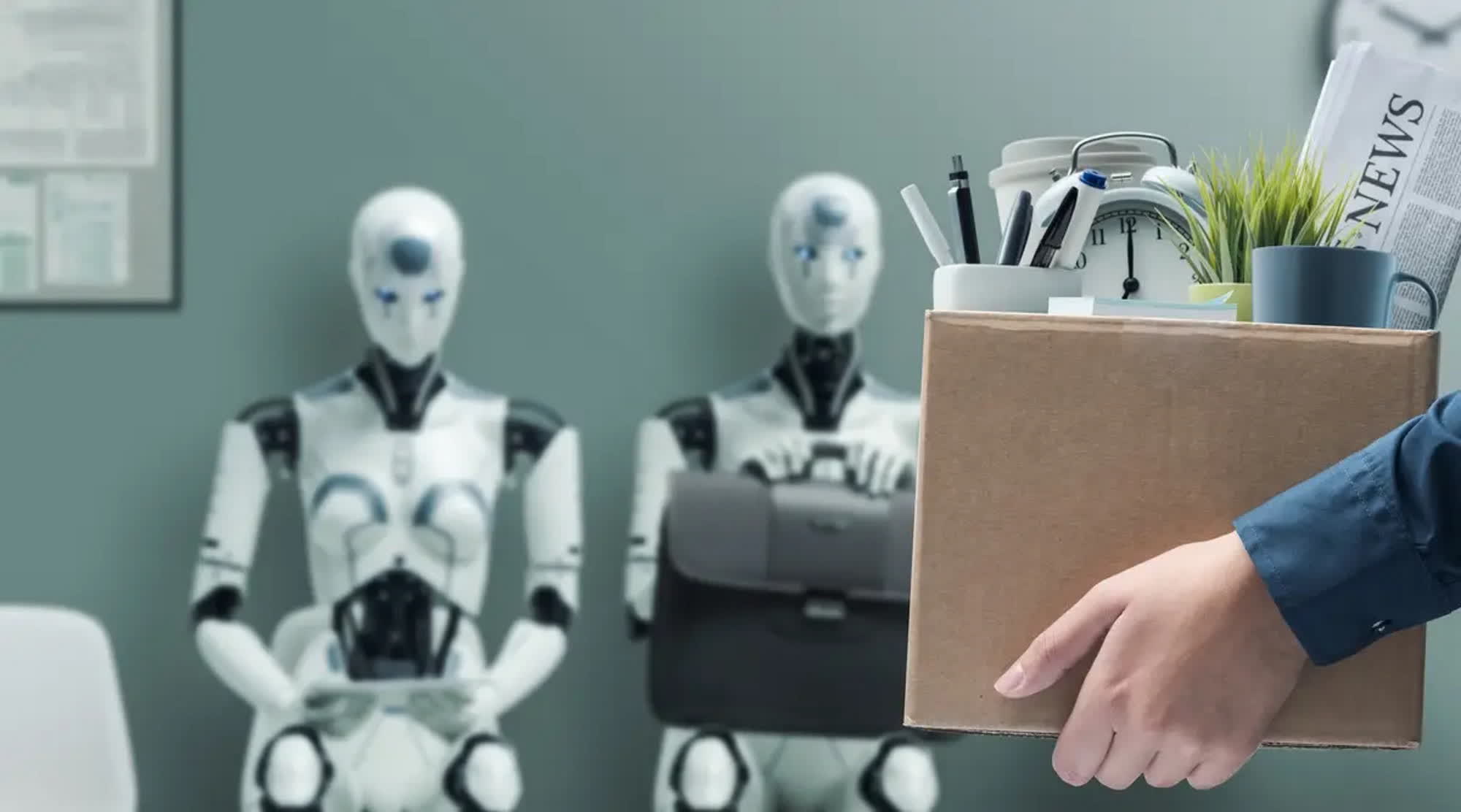A hot potato: The most pessimistic forecasts about the impact of AI on society suggest mass layoffs and the imminent replacement of millions of human workers by robots and chatbots. But things could ultimately work out better than expected, MIT researchers suggest.

Working in partnership with IBM's Institute for Business Value, researchers from MIT's Computer Science and Artificial Intelligence Laboratory (CSAIL) reevaluated the potential impact of machine learning algorithms and AI services on the job market. They discovered that full automation will not be economically viable for the majority of the workforce for decades to come.
The study focuses on jobs requiring "visual analysis," such as product inspection for quality control at the end of a manufacturing line. Only about 23 percent of wages paid for visual tasks are economically attractive for automation, according to the researchers. Humans would still be a better economic choice for these jobs.
Goldman Sachs previously estimated that 25 percent of the entire job market could be replaced by AI automation in the next few years, while McKinsey stated that half of the world's workforce will be AI-driven by 2055. MIT researchers suggest that AI will likely experience a more gradual integration into various job sectors, even in fields like computer vision, where the cost of model training has seen "significant advancements."

MIT CSAIL scientist Neil Thompson stated that his team found "significant potential" for AI-driven task automation. However, many of these tasks are not yet "attractive" for automation when considering the overall cost of AI. Even if the cost were to decrease by 20 percent every year, computer vision tasks would take decades to efficiently perform the same job as human eyes.
The researchers acknowledge some limitations in their study, as it doesn't fully account for chatbots, text and image-generating models, and other generative AI services currently available on the market, such as ChatGPT and Midjourney. Considering self-hosted services sold by OpenAI and other vendors that only need fine-tuning to automate specific tasks, the researchers suggest that many low-wage human jobs would still be more economically viable than full AI automation.
The study notes that the rate of job loss in sectors impacted by computer vision is lower than what the economy has already experienced. Cases where AI automation could enhance or "augment" human labor, as well as new job opportunities created by technological advancements like AI system maintenance, were not considered by the researchers.
https://www.techspot.com/news/101645-mit-study-finds-limited-impact-ai-jobs-requiring.html